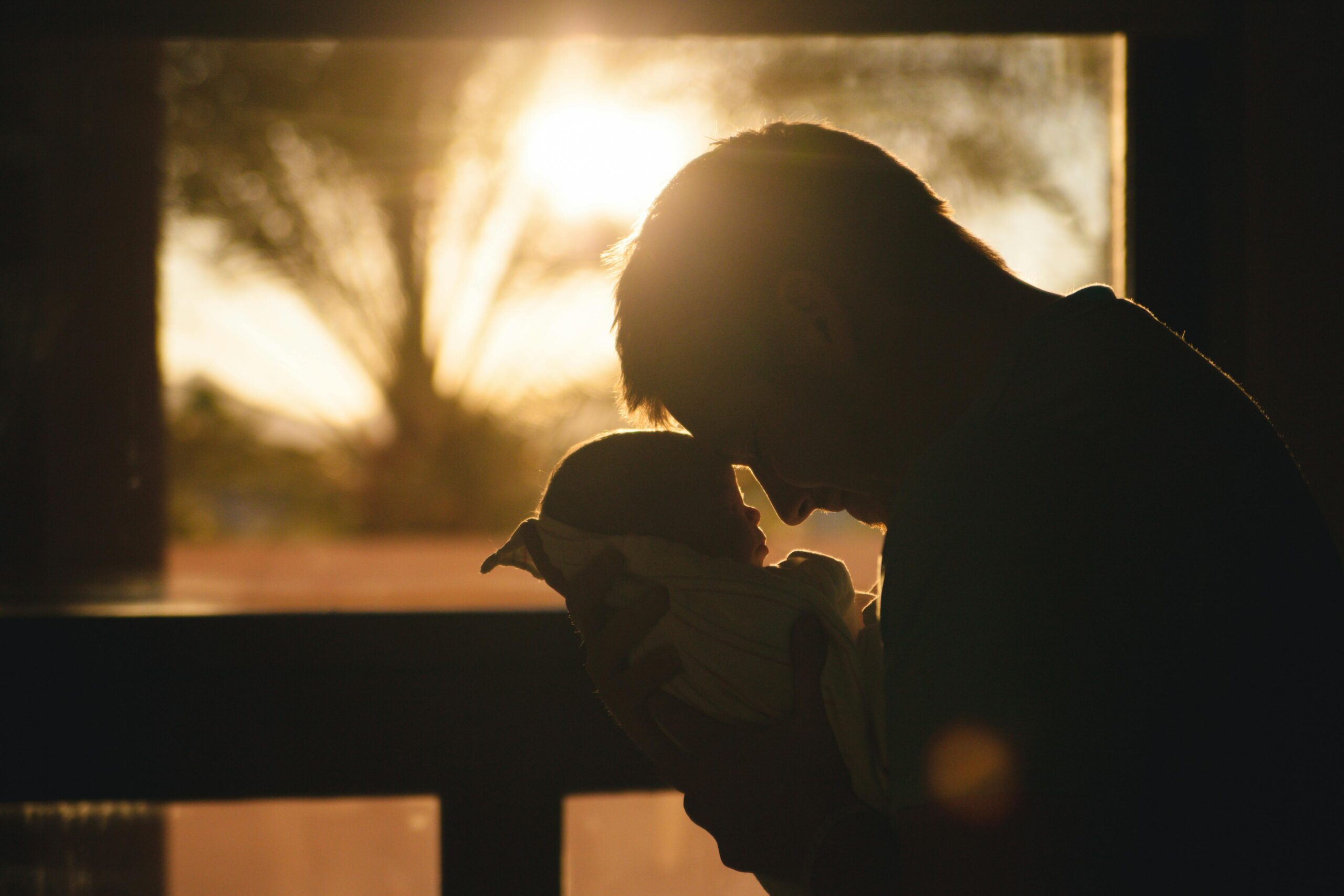Therapy vs Rehab for Gambling Addiction
By Mark D., 42, Boise, Idaho
A personal story of choosing therapy over rehab for gambling recovery
When I finally admitted I had a gambling problem, everyone expected me to check into rehab. That’s what we always see in movies, right? Someone hits rock bottom and goes to a residential treatment center. But that wasn’t my path. I chose therapy instead of rehab—and I don’t regret it.
Why I Didn’t Go to Rehab
I looked into rehab centers, but the cost was overwhelming. Most inpatient programs I found charged thousands of dollars per week—money I simply didn’t have. Even if I could have afforded it, taking a month or more off from work and family responsibilities just wasn’t realistic. I had bills to pay, people depending on me, and no space in my life for a complete pause.
I felt stuck. I needed help but couldn’t commit to full-time treatment in a facility. That’s when someone from a gambling helpline gently suggested something I hadn’t considered—outpatient therapy. It seemed more manageable and less intimidating than rehab.
Choosing Therapy vs Rehab for Gambling Addiction
I began seeing a licensed therapist who specialized in behavioral addictions. From the very first session, I felt something shift. I wasn’t met with judgment or lectures—just empathy and clarity. She helped me explore the root causes of my gambling, things I had ignored or misunderstood for years.
Unlike a structured rehab program, therapy gave me flexibility. I could schedule sessions around my job and family, and more importantly, I could apply what I was learning in real time. Each session felt like building a foundation under my feet—steady, consistent, and within reach.
How Therapy Helped Me Recover
Through therapy, I discovered that gambling had become a way for me to cope with stress, loneliness, and a deep sense of inadequacy. We didn’t just talk about gambling—we talked about the parts of myself that felt broken, the fears I didn’t know how to name, and the habits I used to hide from them.
As part of my healing, I also joined an online gambling support group. There, I could show up anonymously and speak openly. Hearing others share their stories helped me feel less alone—and reminded me that recovery can take many forms.
One of the biggest misconceptions about recovery is that it has to follow one path. For me, therapy provided the right blend of support, flexibility, and personal agency. It helped me regain control of my money, rebuild trust in my relationships, and most importantly, restore my self-worth.
Final Thoughts: Therapy vs Rehab for Gambling Addiction
Rehab saves lives, and I don’t want to discount its value. But it’s not the only path. If you’re struggling with gambling addiction and can’t afford inpatient treatment or just don’t feel ready, know that online therapy is a powerful, effective option.
Explore support resources to find therapy programs, peer support, and help lines that meet you where you are.
FAQs about Therapy vs Rehab for Gambling Addiction
Is therapy enough to recover from gambling addiction?
When is rehab recommended over therapy?
What type of therapy works best for gambling addiction?
How do I find a gambling therapist near me?
This post reflects a personal recovery experience. For more help, visit our Gambling Recovery Roadmap. For more recovery stories and guides, visit our homepage.





